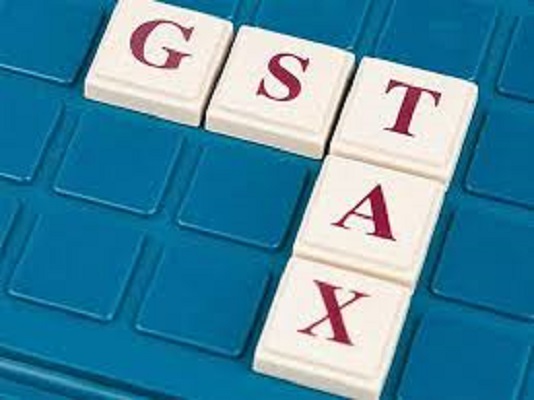 Nearly a year after the National Anti-profiteering Authority (NAA) was set up, it has disposed of only eleven complaints and fined just four companies for paltry sums so far for not passing on the benefits of GST rate cuts or input tax credit to the consumers. The three-tier anti-profiteering mechanism is proving unequal to the costs and labour required to run it. While the government had set an initial two-year lifespan for the authority, it looks increasingly clear that it won’t get an extended term. Meanwhile, NAA’s constitutional validity is also being challenged.
Nearly a year after the National Anti-profiteering Authority (NAA) was set up, it has disposed of only eleven complaints and fined just four companies for paltry sums so far for not passing on the benefits of GST rate cuts or input tax credit to the consumers. The three-tier anti-profiteering mechanism is proving unequal to the costs and labour required to run it. While the government had set an initial two-year lifespan for the authority, it looks increasingly clear that it won’t get an extended term. Meanwhile, NAA’s constitutional validity is also being challenged.
The government was vocal at the start that NAA’s approach would be non-intrusive and that it would take up only such cases that have a ‘mass impact’.
The bureaucracy, nevertheless, is slowing setting in. The authorities, as was clear in a Hindustan Unilever dealer case, are insisting on cumbersome compliance models for companies that undertake both price and grammage changes to pass on the GST benefits.
While the Delhi High Court has admitted a petition challenging the constitutional validity of the anti-profiteering mechanism, experts have cautioned against the practical difficulties faced by businesses that have no intention to deny the consumer the benefit of tax cut.
So far, the Centre has received 169 complaints of profiteering. Additionally, the state-level screening committees have received nearly 70 complaints with Andhra Pradesh and Rajasthan topping the list with receipts of 5 complaints each.
The anti-profiteering mechanism that comprises the NAA, DG-anti-profiteering, a standing committee at the national level and screening committees at states, is tasked to ensure that a reduction in tax incidence due to rate cuts or the benefit of input tax credit has been passed on to customers by way of commensurate reduction in prices. If the authority confirms the necessity of applying anti-profiteering measures, it has the power to order the business concerned to reduce its prices or return the undue benefit availed along with interest to the recipient of the good or service.
If the undue benefit cannot be passed on to the recipient, it can be ordered to be deposited in the consumer welfare fund within a stipulated time. The authority can impose a penalty on the defaulting business entity and even order the cancellation of its registration under GST.
Source: Financial Express
We have launched Single Platform on GST Compliances In India, assisting in 4 areas – 1) Compliances, 2) Litigations & Hearings, 3) Training 4) Consultancy. Click this link for any assistance.

 Toll Free:
Toll Free:  Contact Us
Contact Us


